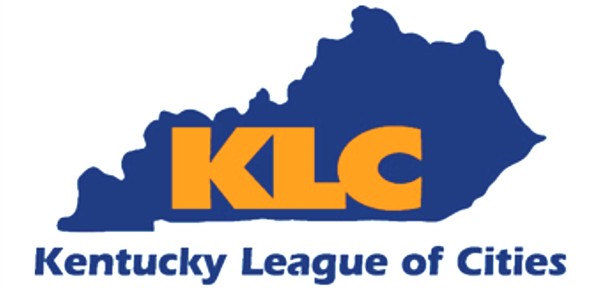
LEXINGTON, KY – Kentucky cities are facing an estimated collective budget shortfall of $85 million in Fiscal Year 2020 as a result of lost tax, utility, and other revenues due to COVID-19. A Kentucky League of Cities (KLC) study conducted last week shows many municipalities will be forced to take drastic action to make up the deficit if Congress does not act to provide direct financial assistance to local governments in additional coronavirus-related legislation.
Nearly two-thirds of the cities KLC surveyed said they will draw down reserves in order to meet budget demands, but those funds alone are still not enough to plug the hole COVID-19 has caused in Kentucky city finances. Four in 10 municipalities will cut public services, while nearly one-third will lay-off employees. More than 20% of these cities will increase taxes, borrow debt, or increase fees before the end of the fiscal year. Nearly as many will furlough employees or take other actions, such as freezing hiring and/or delaying public works projects. Seven percent will close facilities, such as public pools.
“This is a financial crisis that federal leaders must address,” stated KLC Executive Director/CEO J.D. Chaney. “Those of us who are involved in city government were not surprised by the results of the study, but it should be a wake-up call to people not acquainted with the budget limitations of local governments. With so few revenue options available to our cities, it is impossible for city leaders to recover the funds lost due to the massive unemployment Kentucky is now suffering. Without direct federal aid, cities will be forced to make deep cuts that threaten vital services.”
Chaney also urged Congress to enact protections for cities to limit the threat of potential COVID-19 litigation. “The last thing cities need to add to the already mounting budgetary crisis is a wave of lawsuits that will require extensive taxpayer resources to defend,” he said.
Fiscal Year 2021, which begins July 1, 2020, is projected to be even worse for Kentucky cities. The anticipated budget shortfall for all cities is a collective $180 million. City leaders surveyed indicated the revenue decline will significantly reduce parks and recreation (85%), public works (80%), public safety (police 54% and fire/emergency medical services 41%), social services (24%), and sanitation/waste management (15%).
A drop in gas usage will also have a significant impact on city road funds. The state budget director estimates that motor fuels tax revenue will decline at least 33% in the last quarter of FY 2020, resulting in a loss this fiscal year of between $60 million and $97 million compared to the previous official estimates. That means municipalities will receive between $4.5 million and $7.5 million less for the construction and maintenance of city streets.
###









